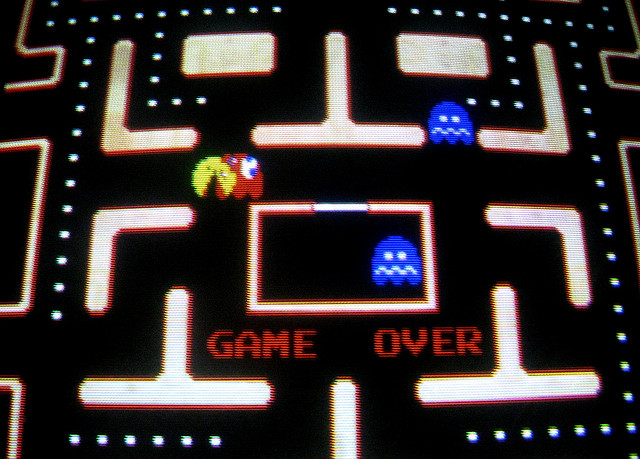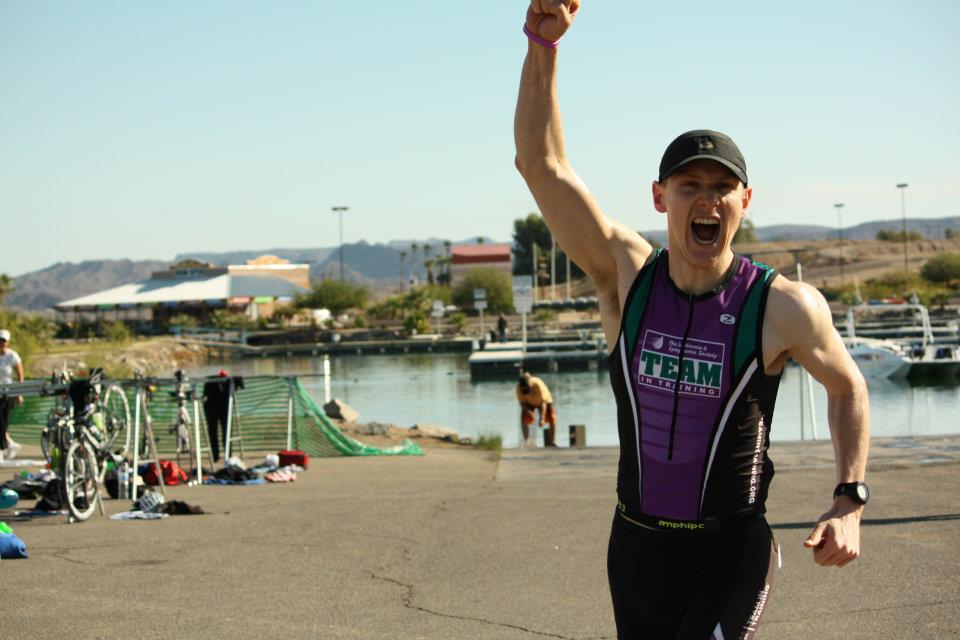A patient said something the other day at work that really struck a chord with me. She was asking me about my training and my history with triathlons. She was very curious to learn what initially sparked my interest in the sport and how I got to where I am now, just four months out from completing my first Ironman. After chatting for a bit, she mentioned that she’d love to do “something like that” one day. Then, she immediately followed that thought with:
“but I’m not a runner. I can barely run one mile, it’s just not my sport.”
I clearly remember one of the first conversations I had with my coach about training and the road ahead. He told me that the biggest part of the next year will be my mental transformation. Yes, it will be about committing to getting those miles in and building up my endurance, but more importantly, it will be about gaining confidence and learning to give myself the credit I deserve and think of myself as a bad ass. It will be about transforming myself from someone who limits herself right out of the gate with statements like the one above, to someone who says “why the hell not? I’ve got what it takes.”
He and I have had conversations in the past (before the idea of Ironman even came up) about confidence and the habit I have of comparing myself to others. Going into this adventure, he knew that this would be my biggest hurdle.
Fast forward six months and, as far as I’m concerned, I’m a different person. I don’t know exactly when it happened, but at some point over the last six months, my image of myself has turned from someone who likes to be healthy and pretend like I know what I’m doing at the gym (but really can’t “hang”) into a confident and proud athlete who has everything to contribute.
So, what does it take to accomplish such a change in self perception? Here are a few “to-dos” I can pinpoint:
Stop taking yourself out of the game before it even starts. No, you won’t ever be able to run more than a mile if you keep telling yourself that. Instead of comparing your current abilities to those you’d like to have five months from now, start by setting smaller goals. For example “next week, I’m going to conquer 1.5 miles.” Getting to that smaller milestone will give you the confidence boost you need to get to the next one and, before you know it, you’ll reach the “biggie.” By doubting yourself from the beginning though, there’s no way you’ll move past where you currently stand.
Share your accomplishments with others. After all, if you’re not proud of yourself, how can you expect others to be? Let your family and friends know what you’re trying to accomplish, and share the little victories along the way. Talking about the process will make it more real and will also give you a sense of accountability to keep trucking along. Remember – it’s okay to be excited! Gloat away!
Race your own race – stop comparing yourself to others. You don’t know every person’s history, how long they’ve been training, what kinds of setbacks they’ve had, or what they’re even feeling inside. The only thing you can be sure of is the work you’ve put in to get to where you are, so focus on that and that alone.
Think positively and act the part. Even if you’re intimidated by what lies ahead, start acting the part now. One of the biggest turning points in my training was when I stopped telling people “I’m trying to train for an Ironman. We’ll see how it goes” and started saying “I’m training for an Ironman. My race is in November. I can’t wait!” Establish the identity you want and then take the necessary steps to get there. The confidence you’ll gain by simply switching from the “I want to ____” perspective to the “I am going to ____” will launch you towards your goals.
Finally, stop over-analyzing and over-training. Most of us know that it’s important to give your body some rest and be wary of over-training, but have you thought about other stresses you may be putting on your body? Mentally stressing about every detail is just as bad as beating your body to the ground with long run after long run and no rest. Yes, have a plan and be prepared, but stressing about every detail of your last not-so-great race and spending hours figuring out exactly what you need to do to ensure that the next one goes off flawlessly is just going to set you up for disaster. Instead, spend a few minutes after each race, or after each week of training, jotting down a few notes about your nutrition, energy levels, low points, high points, etc. Once you’ve covered the main highlights, leave that list alone and move on to the next day! Take those notes into consideration for your next race, but don’t go overboard. Make a game plan and then just get out there and have fun. After all, if you’re not having fun along the way, then what’s the point?
– Live Every Day –
Cecily




